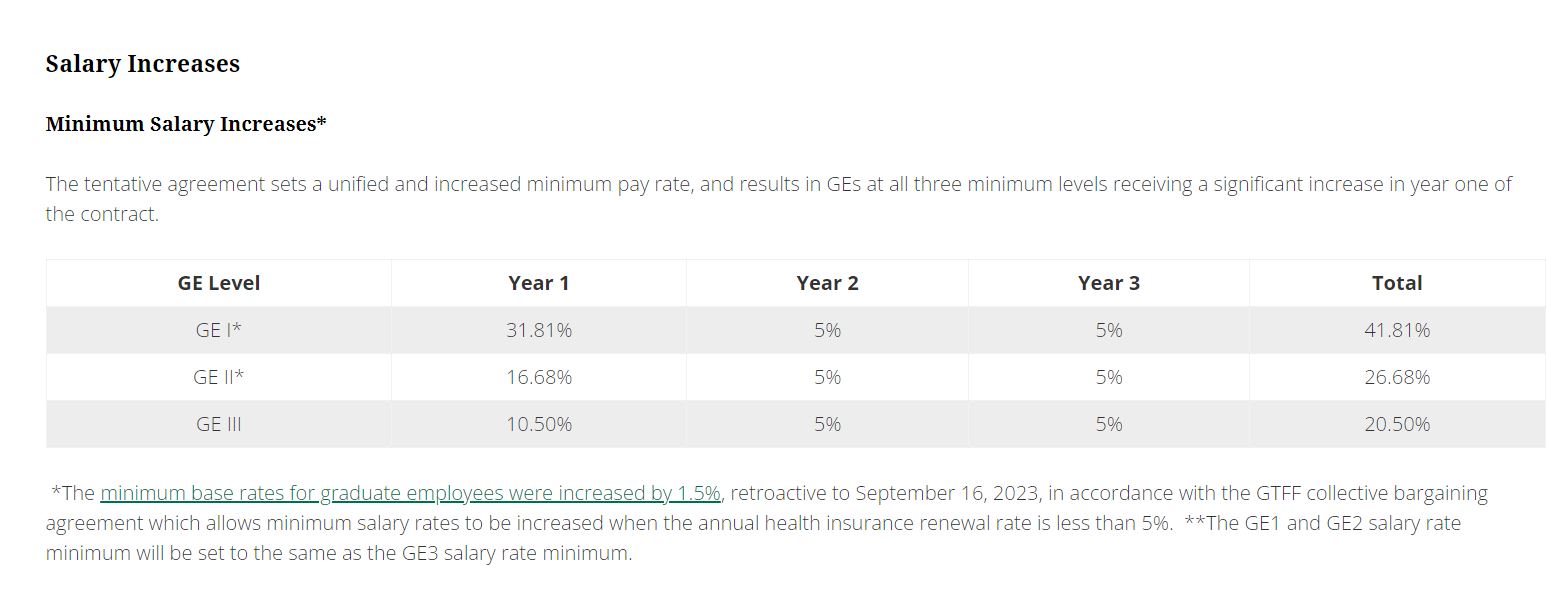
Contract negotiations include all-gender bathrooms, bidets
The University of Oregon narrowly avoided a strike from its graduate student workers union this week by agreeing to salary increases as high as 42 percent, all-gender bathrooms, and “respect” for student workers’ preferred pronouns.
The tentative agreement, announced late Monday, comes after a nearly year-long negotiation process. The Graduate Teaching Fellows Federation, which represents about 1,400 graduate student workers at the public university, had planned to go on strike Wednesday if an agreement had not been reached.
“We believe that this contract will enable our members to live with dignity in the Eugene area, and will benefit GEs at the UO for years to come by bringing up the salary floor of our entire bargaining unit,” the union said in a statement late Monday.
The College Fix reached out multiple times to the university and the graduate students union regarding the contract negotiations and strike plans. Neither responded to requests for comment about the negotiations, fiscal responsibility, and free speech issues related to the use of students’ preferred pronouns.
The tentative, three-year agreement includes salary increases of as much as 42 percent for graduate student workers, retroactively applied starting September 2023, according to the union.

IMAGE: University of Oregon Human Resources Department screenshot
Notably, the university also covers “full tuition and mandatory fees” and provides “95 percent health insurance premium coverage” for graduate workers, their partners, and families, according to the union.
In a letter dated Jan. 10, a dozen state and local officials supported the union’s salary demands, pointing to evidence that graduate workers are making less than their peers.
University of Oregon graduate students’ “wages are currently well below the average wage of UO’s peers, and even further below what is considered a living wage for the city of Eugene, Oregon,” the letter stated. “No [graduate student worker] currently makes a living wage.”
Since negotiations began in February 2023, the union gave the university multiple demands, including a policy telling university employees to “respect” graduate workers’ preferred gender and pronouns, and the installation of all-gender restrooms and bidets.
“The University shall respect the GEs decision to choose to discuss their own sexual orientation, gender identity, or gender expression openly, or to keep that information private,” Article 8, Section 5 of the tentative contract states. “Upon request from the GE, the University will work to update aspects of a GE’s current employment documentation to reflect a change in name or gender in university information systems and office name placards.”
The section continues that direct supervisors of graduate employees “shall make reasonable efforts to respect” graduate employees’ reported information related to gender identity, pronouns, honorifics, and name change.
According to the union, “persistent, ongoing refusal or failure by supervising university employees to respect a [graduate student’s] reported gendered language is prohibited” under the university’s and union’s agreed-upon non-discrimination policy.
This article was mutually accepted by both parties, according to the tentative agreement.
Initially, the union wanted salary increases as high as 48 percent and, interestingly, the installation of bidets, a special type of toilet that squirts water, as well as increased access to and the advertisement of all-gender bathrooms on campus.
But the parties negotiated lower salary increases and agreed to drop the bidet measure as part of their negotiations, according to an Oct. 26 union contract proposal.
The UO Human Resources Department said in a statement this week that the tentative agreement “achieves the goal of providing a competitive compensation package to attract and retain top talent and position our graduate programs for long-term success.”
It also includes “many changes that reflect the parties’ shared interests related to diversity and inclusion, summer employment” and “support for international GEs and GEs with families,” as well as “a competitive compensation package to attract and retain top talent,” the department stated on its website.
MORE: New members of Columbia U. graduate student union to emphasize ‘social justice’
IMAGE: Joshua Rainey Photography / Shutterstock
Like The College Fix on Facebook / Follow us on Twitter






Please join the conversation about our stories on Facebook, Twitter, Instagram, Reddit, MeWe, Rumble, Gab, Minds and Gettr.